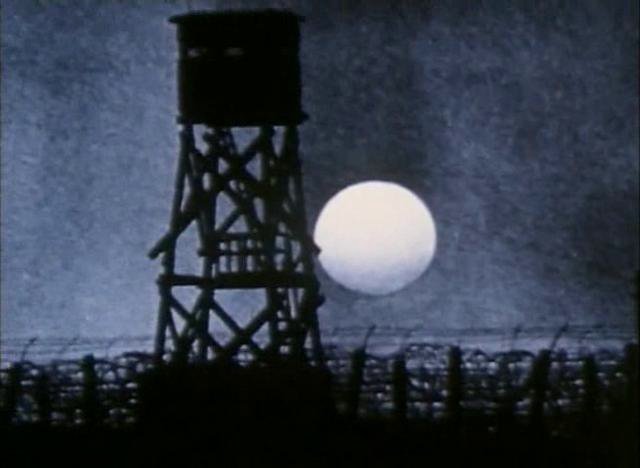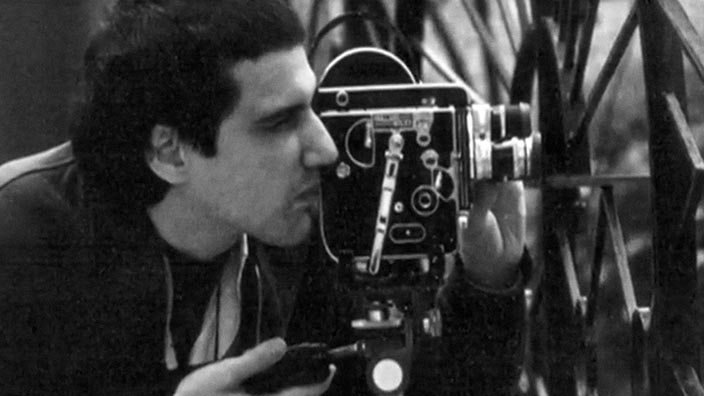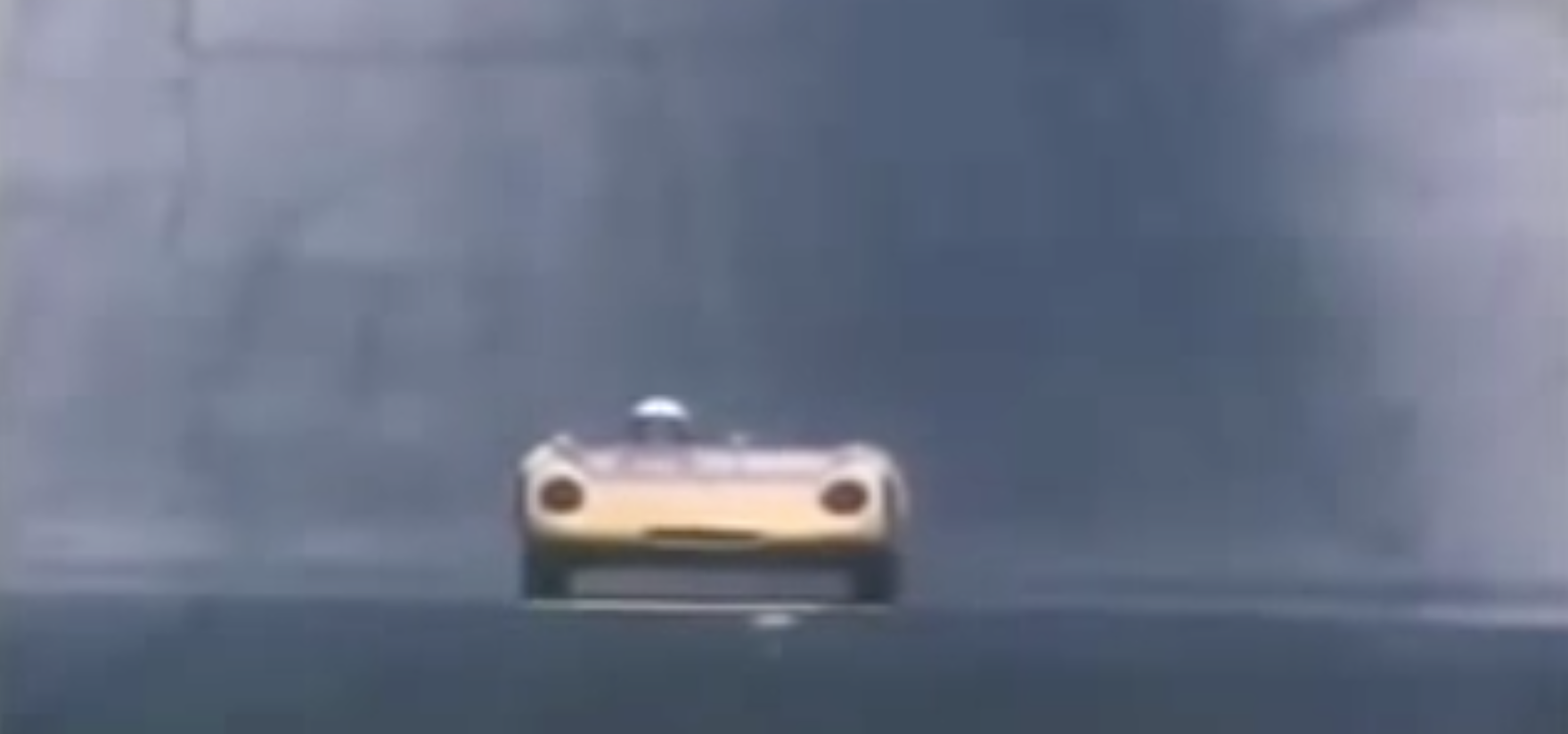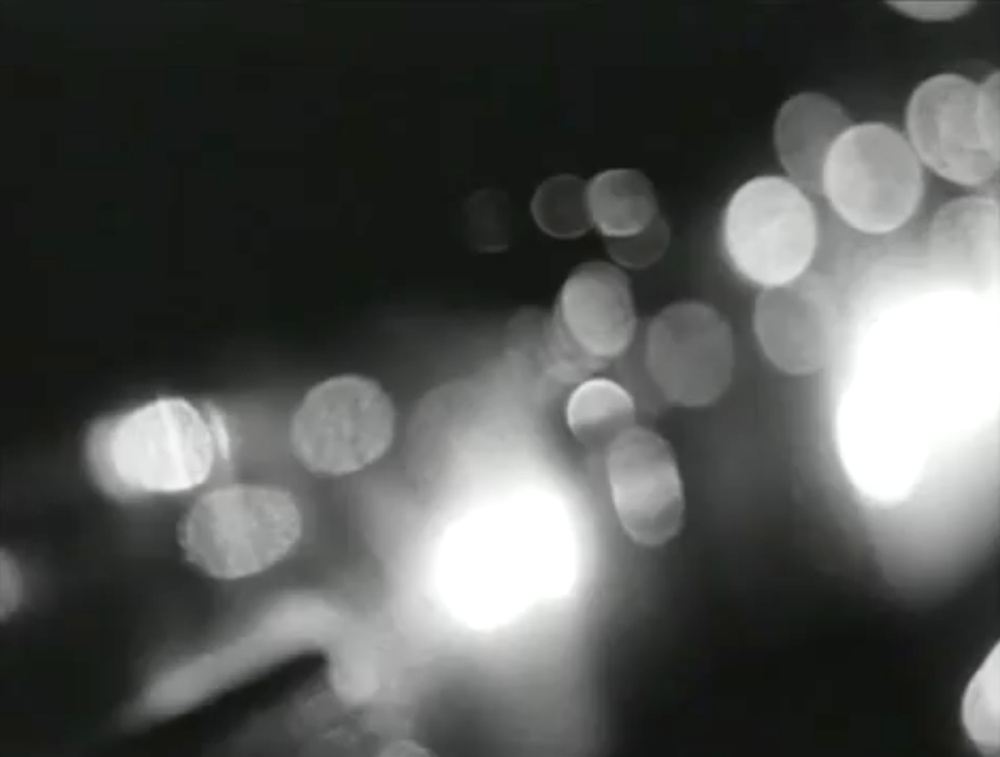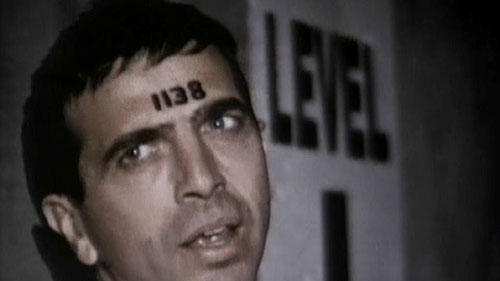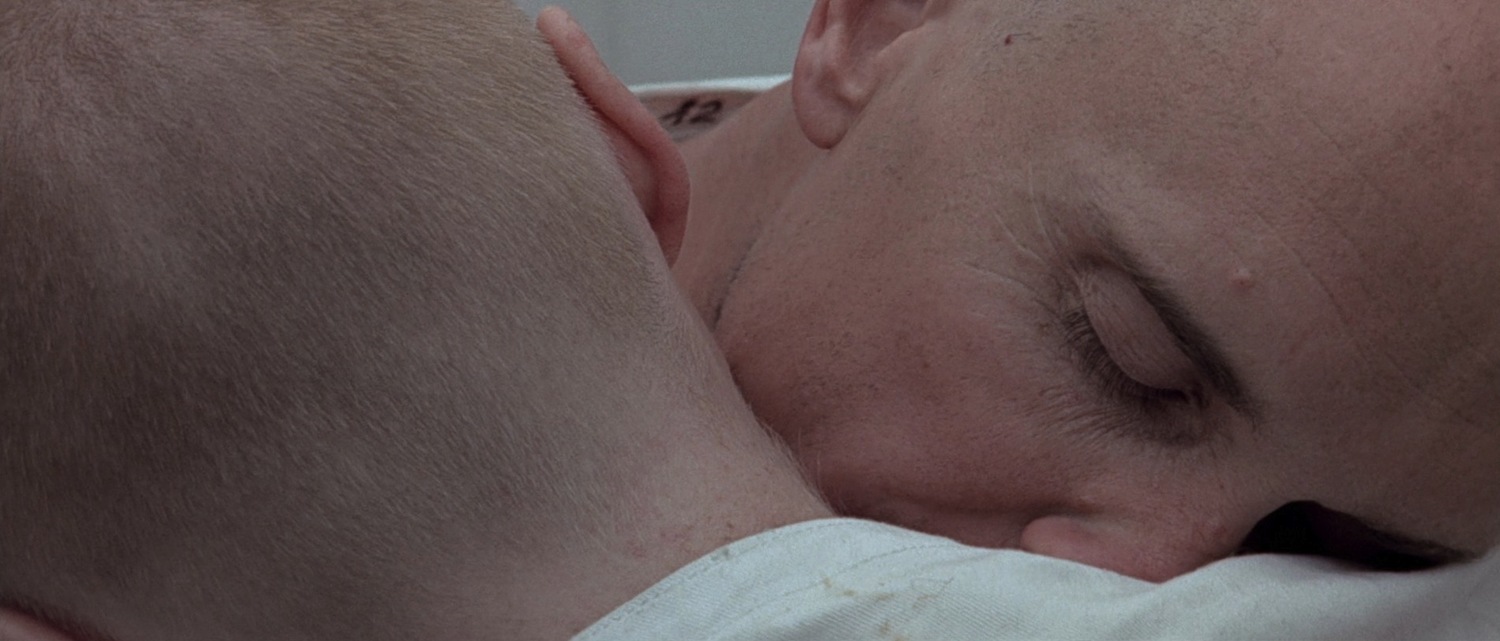Freiheit is hardly a remarkable short film, neither cleverly plotted, shot, or presented. What makes Freiheit remarkable, is when seen in the light of George Lucas’s future oeuvre. It was the first meager narrative film Lucas made, his two previous student films, Look at Life and Herbie being both abstract editing and collage exercises, something Lucas enjoyed much more than having to craft a story, around which to wrap his aesthetics. This makes whatever narrative it does have so much more enlightening as to what he was interested in.
Some of Lucas’s most important reoccurring themes, ones he carried with him into the rest of his films, are present in this 3-minute short. Escape, freedom, heroism and (presumably) oppressive dictatorships, here representative probably of the Soviet bloc, going strong as it was in 1966, when the US had started its offensive in Vietnam (this was a few years before the draft, though undoubtedly Vietnam caused a stir in the university environment at the University of Southern California, where Lucas studied, as wars are wont to do in such places).
The theme of escape must inevitably be considered Lucas’ most personal theme, starting here in his first film and continuing in all of his films in one way or another, it seems only fitting to equate the longing or need of his characters for freedom, whether from oppression or simply the mundanity of life, with Lucas’ life under his stern father, who had in mind for his boy to take over the family business, and to to become some beatnik artist or film maker.
The young man was played by Randal Kleiser, a classmate of Lucas's, who would go on to direct Grease, The Blue Lagoon and Flight of the Navigator.
